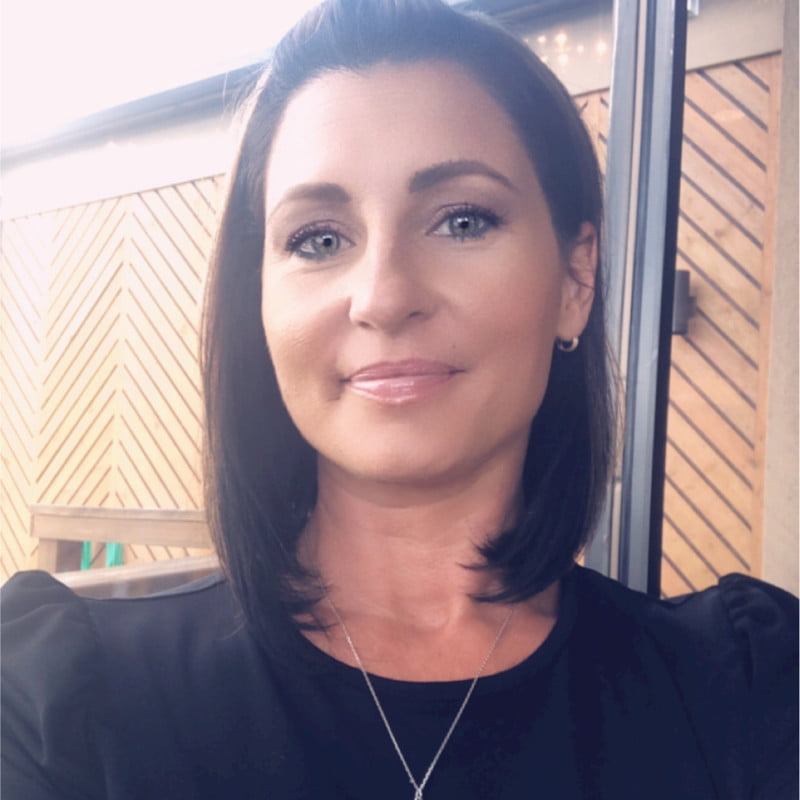

Ativan (lorazepam) is a powerful prescription drug used to treat anxiety, insomnia, and panic disorders — but it also has a dark side. When misused or taken for too long, Ativan can cause dependency and addiction that’s incredibly difficult to overcome. Ativan addiction is one of the most common forms of benzodiazepine misuse in the United States, affecting people from all walks of life. According to the National Institute on Drug Abuse (NIDA), more than 12.5% of U.S. adults have used benzodiazepines like Ativan, and nearly 2% develop an addiction that can lead to withdrawal, overdose, or even death.
“Addiction is a disease that makes you too selfish to see the havoc you created or care about the people whose lives you shattered.” — Unknown
This guide explains what makes Ativan so addictive, how it changes the brain, what withdrawal looks like, and how evidence-based Ativan abuse treatment can help you or your loved one recover safely.
What Is Ativan and How Does It Work?
Ativan belongs to a class of drugs known as benzodiazepines, or “benzos.” It works by enhancing the neurotransmitter GABA (gamma-aminobutyric acid), which slows activity in the brain and central nervous system. This produces a calming effect that can relieve anxiety and help people sleep — but it also creates a powerful sense of relaxation that some misuse for euphoria or escape.
Ativan is prescribed for:
- Generalized anxiety disorder (GAD)
- Panic attacks
- Seizure control
- Short-term insomnia treatment
- Pre-surgical sedation
Unfortunately, tolerance can build quickly. Within weeks, people often find they need higher doses to achieve the same effect. When the drug wears off, anxiety, irritability, or insomnia often return stronger than before — a phenomenon known as rebound symptoms. This cycle of relief and rebound traps users in dependency.
Street names for Ativan include “Candy,” “Downers,” “Tranks,” and “Benzos.” When combined with alcohol or opioids, the risk of overdose increases dramatically.
The Science of Ativan Addiction
Like other benzodiazepines, Ativan rewires how the brain processes stress, pleasure, and sleep. Over time, the brain becomes reliant on the drug to function normally. When you try to stop taking Ativan, your nervous system overreacts, causing painful and sometimes dangerous withdrawal symptoms.
Common signs of Ativan addiction include:
- Taking higher doses than prescribed
- Needing Ativan to feel “normal” or relaxed
- Lying to doctors to get more medication
- Mixing Ativan with alcohol or other drugs
- Memory loss, slurred speech, or disorientation
- Neglecting responsibilities or relationships
According to SAMHSA, benzodiazepine-related emergency room visits have more than tripled since 2004, and the majority involve people using Ativan or similar medications without a prescription.
Because Ativan affects both the body and the mind, addiction develops through physical dependence and psychological craving — making recovery more complex than simply “quitting.”
Withdrawal and the Dangers of Stopping Suddenly
One of the most dangerous aspects of Ativan addiction is withdrawal. Unlike some drugs, benzodiazepine withdrawal can be life-threatening without medical care.
Symptoms of Ativan withdrawal may include:
- Intense anxiety and panic attacks
- Sweating and shaking
- Muscle cramps and weakness
- Insomnia and nightmares
- Hallucinations or paranoia
- Seizures (in severe cases)
The FDA warns that stopping Ativan suddenly can lead to seizures, psychosis, and death, especially for people who have used it long-term. A supervised medical detox program is crucial for safely tapering off the drug while managing symptoms.
Medical professionals gradually reduce Ativan doses under close supervision, sometimes prescribing longer-acting benzodiazepines or non-addictive medications to ease the transition.
Ativan Abuse Treatment and Recovery Options
Recovering from Ativan addiction is entirely possible — but it requires professional support, structure, and patience. The first step is often medical detox, followed by therapy-based treatment designed to heal both the body and mind.
1. Medical Detox
This stage helps you safely eliminate Ativan from your system while managing withdrawal. Detox typically takes 5–14 days, depending on how long and how much Ativan was used.
2. Inpatient Rehab
Inpatient treatment provides 24-hour care, therapy, and relapse prevention strategies in a safe environment. It’s especially effective for those with co-occurring mental health conditions like anxiety or depression.
3. Outpatient Treatment
Outpatient programs offer flexibility for people who cannot pause work or family obligations. Patients attend scheduled therapy sessions and group meetings while living at home.
4. Behavioral Therapies
- Cognitive Behavioral Therapy (CBT): Helps reprogram negative thought patterns that trigger substance use.
- Dialectical Behavior Therapy (DBT): Focuses on emotional regulation and distress tolerance.
- CBT-I (for insomnia): Restores natural sleep cycles without medication.
5. Holistic Therapies
Yoga, meditation, and exercise promote relaxation and rebuild mind-body connection — critical for long-term recovery.
According to NIDA, people who complete structured treatment and follow up with outpatient care or support groups are 70% more likely to stay sober long-term.
True Stories of Addiction: Hope Beyond Ativan
At Detox to Rehab, we believe in the power of personal stories to inspire recovery. Our True Stories of Addiction series showcases individuals who overcame devastating addictions and rebuilt their lives through courage, treatment, and support.
Hearing others share their pain — and their victory — often gives people the strength to begin their own healing journey.
Finding Help for Ativan Addiction
If you or someone you love is struggling with Ativan addiction, know this — you are not alone, and recovery is possible. Addiction doesn’t define you, and help is available right now.
“You can’t go back and change the beginning, but you can start where you are and change the ending.” — C.S. Lewis
The first step is reaching out for support. Search our treatment directory or call our 24/7 confidential hotline at (866) 578-7471 to connect with a compassionate professional who can guide you to the right care.
Freedom from addiction begins with one brave decision. Start today — your recovery is waiting.








